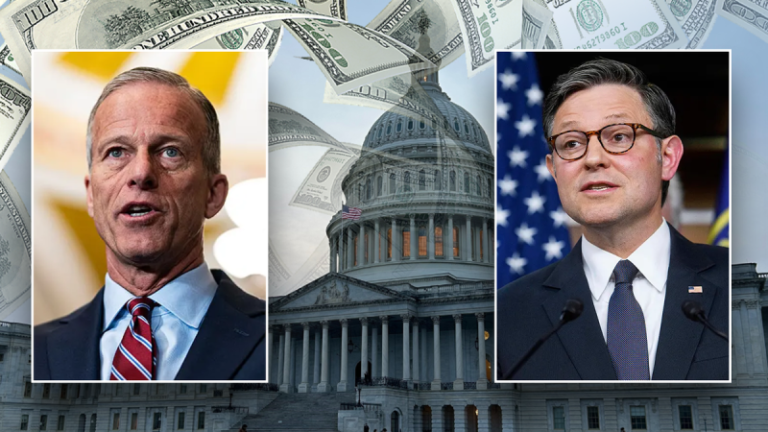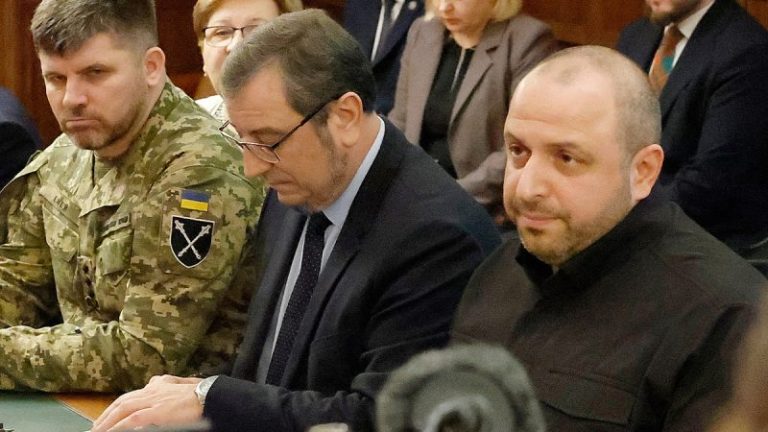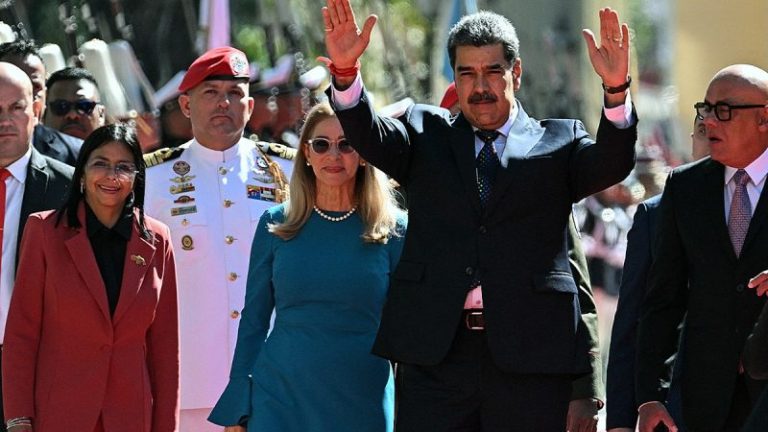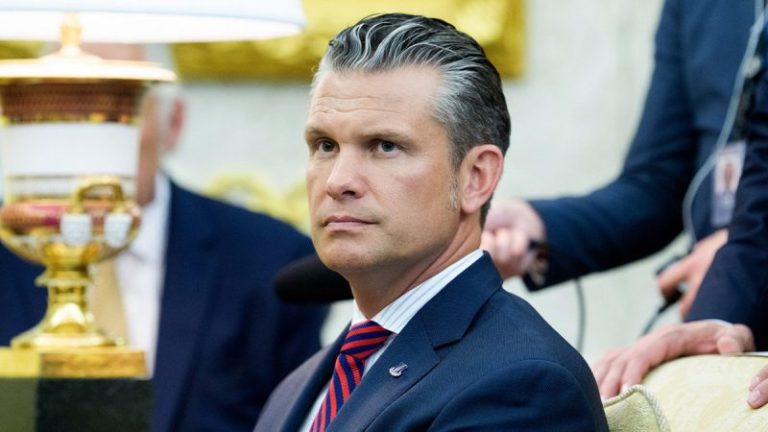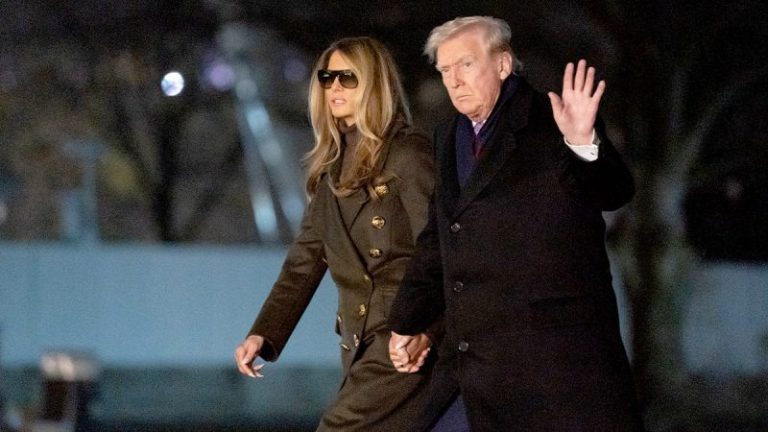Congress will return to Washington, D.C., next week entering into a dead sprint to wrap up work before the year’s end, to cap off a blistering, often dramatic year on the Hill.
Both chambers will have three working weeks before again fleeing from the growing chill in Washington to their respective districts and states. And lawmakers have some of the biggest challenges of the year left to finish.
Perhaps the biggest looming legislative fight will be how lawmakers approach the expiring enhanced Obamacare subsidies, which dominated the recently-ended government shutdown.
Neither side has produced a fulsome plan on how to tackle the subsidies, though some solutions from Republicans, like funneling the subsidy funding into Health Savings Accounts (HSAs), have been floated.
Senate Majority Leader John Thune, R-S.D., acknowledged last week that producing a solution would be a steep hurdle, and reiterated his commitment to Senate Democrats that they would get a vote on whatever proposal they produce no later than the second week in December.
Thune noted that ‘the one thing that unites’ the GOP is the belief that the subsidies need to be reformed and that rising healthcare costs need to be dealt with.
‘I think the affordability issue is a big issue,’ Thune said. ‘I think it’s been exacerbated by the way that Obamacare has been structured through the years, including the way that enhanced subsidies were structured by going directly to insurance companies and incentivizing them to enroll people without their knowledge.’
And the White House also has its own plan, which was expected to be rolled out earlier this week, but sidelined over reportedly disgruntled Republicans who disliked the proposed language.
When asked about specifics of the plan, and it was scrapped, a White House official told Fox News Digital that ‘there was never a healthcare announcement listed on [Monday’s] daily guidance.’
But the rumblings of a plan from President Donald Trump and the administration have encouraged some Senate Democrats.
Sen. Jeanne Shaheen, D-N.H., who originally proposed legislation to extend the subsidies, said that she was glad that the president was making an effort to ensure the credits don’t sunset by the end of the year.
‘I’ve had constructive conversations with many of my Republican colleagues who I believe want to get this done,’ Shaheen said in a statement. ‘They understand that the vast majority of people who benefit from these tax credits live in states the President won, and that the President’s own pollsters have underscored the enormous political urgency of Republicans acting.’
But the Obamacare issue is not the only issue Congress faces. Lawmakers are eyeing passage of the annual National Defense Authorization Act by the end of the year, the Senate is considering another package of Trump’s nominees and another package of spending bills is expected on the horizon, too.
That package of four bills, which is expected to include the Defense, Labor, Transportation and Commerce funding bills, would be a massive step toward averting yet another deadline to fund the government by Jan. 30, 2026.
Senate Appropriations Chair Susan Collins, R-Maine, said earlier this month that there was also an ‘interest on the House side’ to move the bills.
‘The more appropriations bills that we’re able to pass, the better off we’re going to be, the better off the American people will be served,’ she said.
There are also some lingering issues that could pose surprises before the year’s end, including how Congress will handle Russia sanctions and the controversial provision in the package that reopened the government that would allow senators to sue for upwards of $500,000 if their records were requested without notification.
On the sanctions front, the Senate has overwhelmingly bipartisan legislation that Trump appears to support, but there’s a possible disconnect between Thune and House Speaker Mike Johnson, R-La., on where the legislation should originate.
Thune believed it’d be better suited in the House given that it’s a revenue-geared bill, while Johnson warned that it would be time-consuming to pass the bill in the lower chamber because of how many different committees it would have to move through.
Some in the Senate are already looking ahead to next year, when lawmakers will be in full midterm election mode. Another crack at budget reconciliation, the process used to pass Trump’s marquee ‘big, beautiful bill,’ has been floated, but whether there is broad buy-in from congressional Republicans remains in the air.
Sen. John Kennedy, R-La., said that it would be ‘legislative malpractice’ to not undertake the grueling process once more.
‘It’s just exquisitely dumb,’ Kennedy said. ‘Why would you not take advantage of an opportunity to pass something with 51 votes? That doesn’t mean that our Democratic colleagues can’t join with us, but if they don’t, they can’t filibuster. Did I mention it’s exquisitely dumb?’

